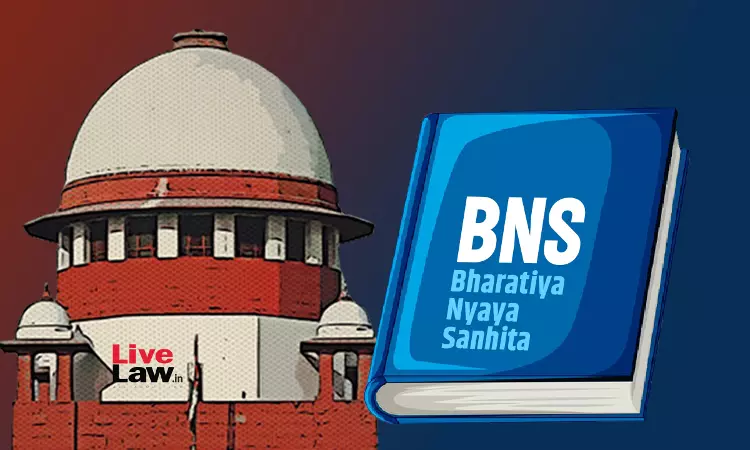Supreme Court Refuses To Entertain Plea To Criminalise Sexual Offences Against Men, Trans Persons & Animals In BNS
Anmol Kaur Bawa
14 Oct 2024 4:38 PM IST

The Court observed that it cannot direct the Parliament to create an offence.
Next Story
14 Oct 2024 4:38 PM IST
